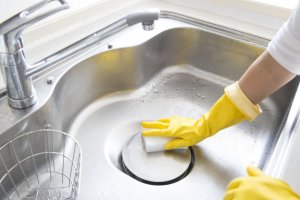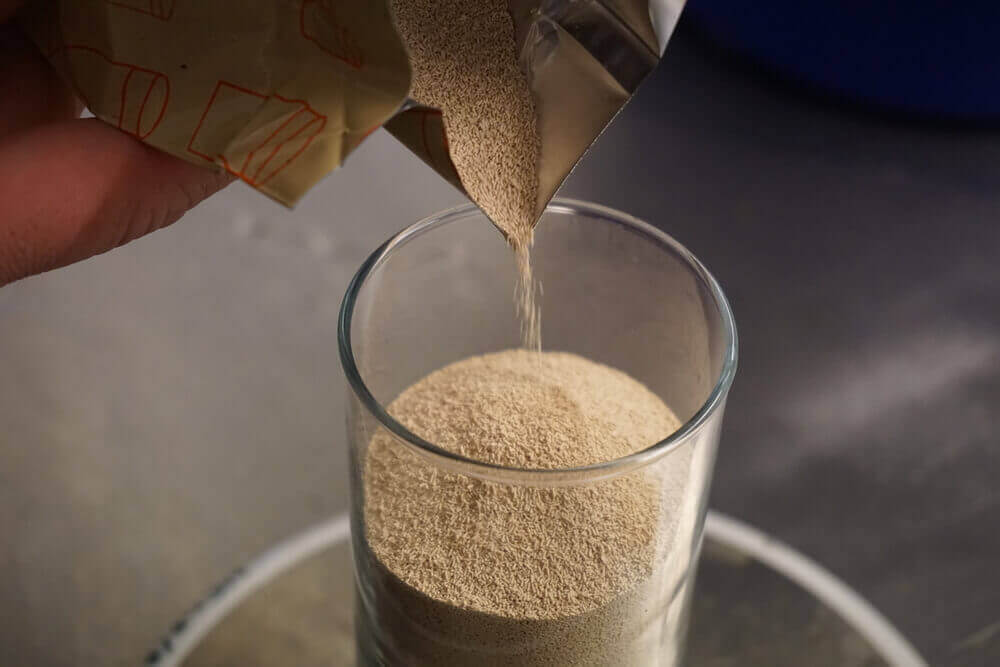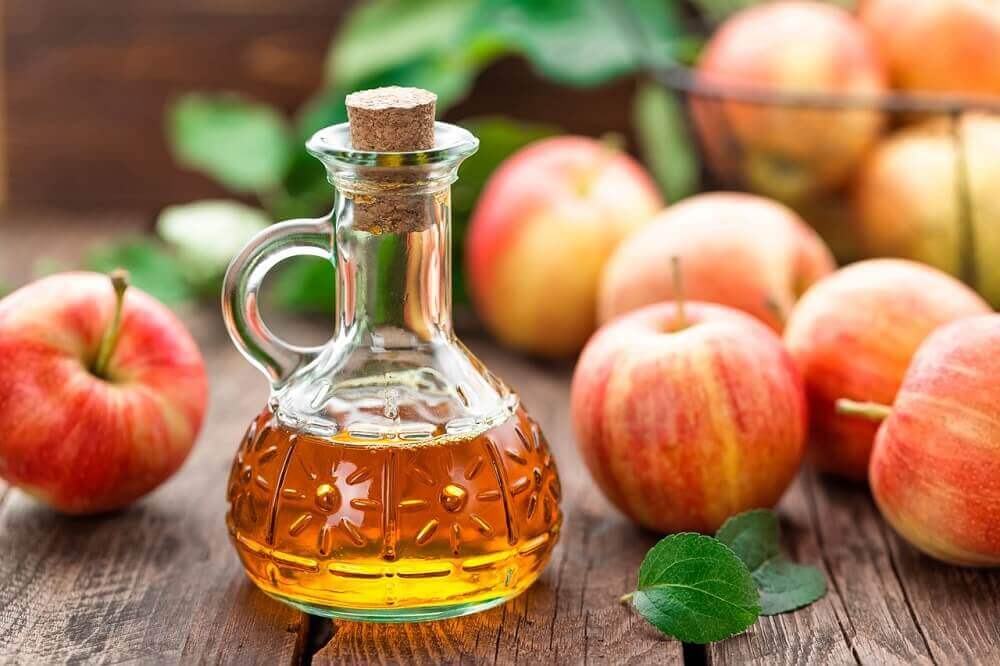Four Alternative Solutions for a Clogged Drain

A clogged drain can be a very tedious job if you don’t have the right tools or products on hand. Food waste and soap can block the drains while you’re washing dishes and pots in the kitchen, for example.
The worst part is that water can back up in the drain and give off an unpleasant odor. You’ll be able to notice it not only in your kitchen, but also in other places around the house. Are you still struggling to deal with this problem?
While there are plenty of commercial products that are made to unclog drains, it’s better to opt for some natural solutions. There are many alternative formulas to open a clogged drain by releasing the waste that caused the blockage.
Solutions for a Clogged Drain
Here we will tell you how to prepare different homemade solutions to unclog pipes in a very simple and environmentally friendly way. Take note!
Did you know? 6 Great Uses for Baking Soda
1-White vinegar, salt, and borax

The properties in white vinegar help remove traces of grease and make a great solution for a clogged drain. This effect can be enhanced by the addition of salt and borax, which have astringent effects.
Ingredients
- ½ cup of white vinegar (125 ml)
- ¼ cup of borax (50 g)
- 6 cups of boiling water (1 ½ liter)
- ¼ cup of salt (50 g)
What should you do?
- Pour the white vinegar down the drain and let it act for five minutes.
- Next, add the salt and borax, and leave for another 10 minutes.
- Finally, pour the boiling water down the drain and wait at least 30 minutes before letting the water run again.
Don’t miss: 7 Ways to Use Vinegar in Your Garden
2-Baking soda, salt, and lemon
The ingredients you can use to unclog a drain are often used for other cleaning tasks. These ingredients stand out thanks to their ability to soften the remnants of grease and food that can clog a drain and cause foul odors.
Ingredients
- ½ cup of baking soda (100 g)
- ½ cup of salt (100 g)
- The juice of five lemons
- 6 cups of boiling water (1 ½ liter)
What should you do?
- Combine the baking soda and salt in a bowl.
- Then, pour the mixture into the drain and let it act for five minutes.
- Meanwhile, squeeze the juice from the lemons.
- Once the recommended time has passed, pour in the citrus juice. This will produce an effervescent effect that will help remove the blockage.
- To finish, pour the boiling water down the drain and wait for it to act at least 30 minutes.
Note: To achieve the best results, let it act all night before letting the water run.
3-Yeast

A simple preparation of fresh yeast and boiling water can help eliminate waste that blocks your pipes. It also deodorizes them and eliminates any undesirable odors.
Ingredients
- 1 packet of fresh yeast
- 2 cups of boiling water (500 ml)
What should you do?
- Mix the contents of the yeast packet and the two cups of boiling water.
- Once the yeast is mixed well, pour this preparation down the drain.
- Leave it in all night and rinse the next day with more hot water.
4-Apple cider vinegar and baking soda

Although apple cider vinegar is known for its use in cooking and recipes, it can also be used as a cleaning alternative. When combined with a little baking soda, it will easily unclog your drains.
Ingredients
- 1 cup of apple cider vinegar (250 ml)
- ½ cup of baking soda (100 g)
- 6 cups of boiling water (1 ½ liter)
What should you do?
- Pour the apple cider vinegar into the drain and immediately add the baking soda.
- Wait five or 10 minutes for it to take effect.
- After the recommended time, pour the boiling water down the drain.
Note: If the blockage is difficult to eliminate, repeat the procedure. Try not to run any cold water down the drain until two to three hours have passed.
Are your drains clogged? Try any of the remedies we’ve provided here and solve the problem as soon as possible.
All cited sources were thoroughly reviewed by our team to ensure their quality, reliability, currency, and validity. The bibliography of this article was considered reliable and of academic or scientific accuracy.
- González, Ana María Rivas, and Nora María Cardona Castro. “Antimicóticos de uso sistémico:¿ Con que opciones terapéuticas contamos?.” Revista CES Medicina 23.1 (2009): 61-76.
- Leal, Joaquín Sánchez. Aspectos ecológicos de los detergentes. Gestió i Promoció Editorial, 1995.
- Vértice, Publicaciones. “Manipulación de productos químicos y de limpieza.” Málaga: Publicaciones Vértice (2008).
This text is provided for informational purposes only and does not replace consultation with a professional. If in doubt, consult your specialist.








